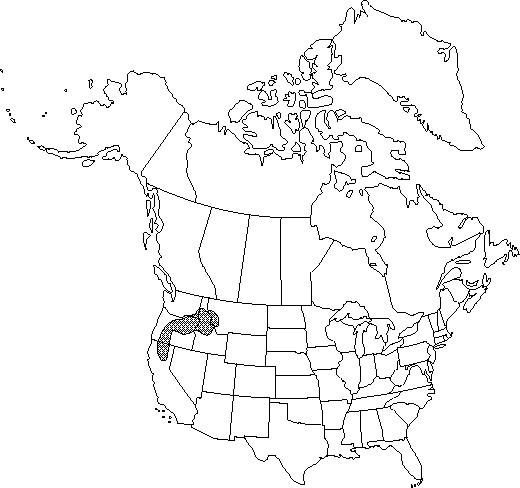familyRanunculaceae
genusRanunculus
subgenusRanunculus subg. Ranunculus
sectionRanunculus sect. Flammula
speciesRanunculus populago
Ranunculus populago
Erythea 3: 19. 1895.
Endemic
Treatment appears in FNA Volume 3.
Stems erect or ascending, never rooting nodally, glabrous. Roots thickened basally, glabrous. Leaves: basal leaf blades with base obtuse to cordate; proximal cauline leaf blades semicircular to cordate or ovate, 1.2-5.1 × 1.5-2.9 cm, base cordate to broadly obtuse, margins entire or crenulate, apex broadly acute to rounded. Inflorescences: bracts narrowly elliptic to ovate or lanceolate. Flowers: receptacle glabrous or hispidulous; sepals 4-5, spreading or reflexed from base, 3-5 × 2-4 mm, glabrous; petals 5-6, 4-9 × 2-5 mm; nectary scales glabrous. Heads of achenes hemispheric, 3 × 4-5 mm; achenes 1.6-1.8 × 1.2 mm, glabrous; beak lance-subulate, straight, 0.2-1 mm.
Phenology: Flowering spring–summer (Apr–Aug).
Habitat: Wet ground and shallow water, in wet meadows, bogs, streams, lakes
Elevation: 1300-2000 m
Distribution

Calif., Idaho, Mont., Oreg., Wash.
Discussion
Selected References
None.
Lower Taxa
None.